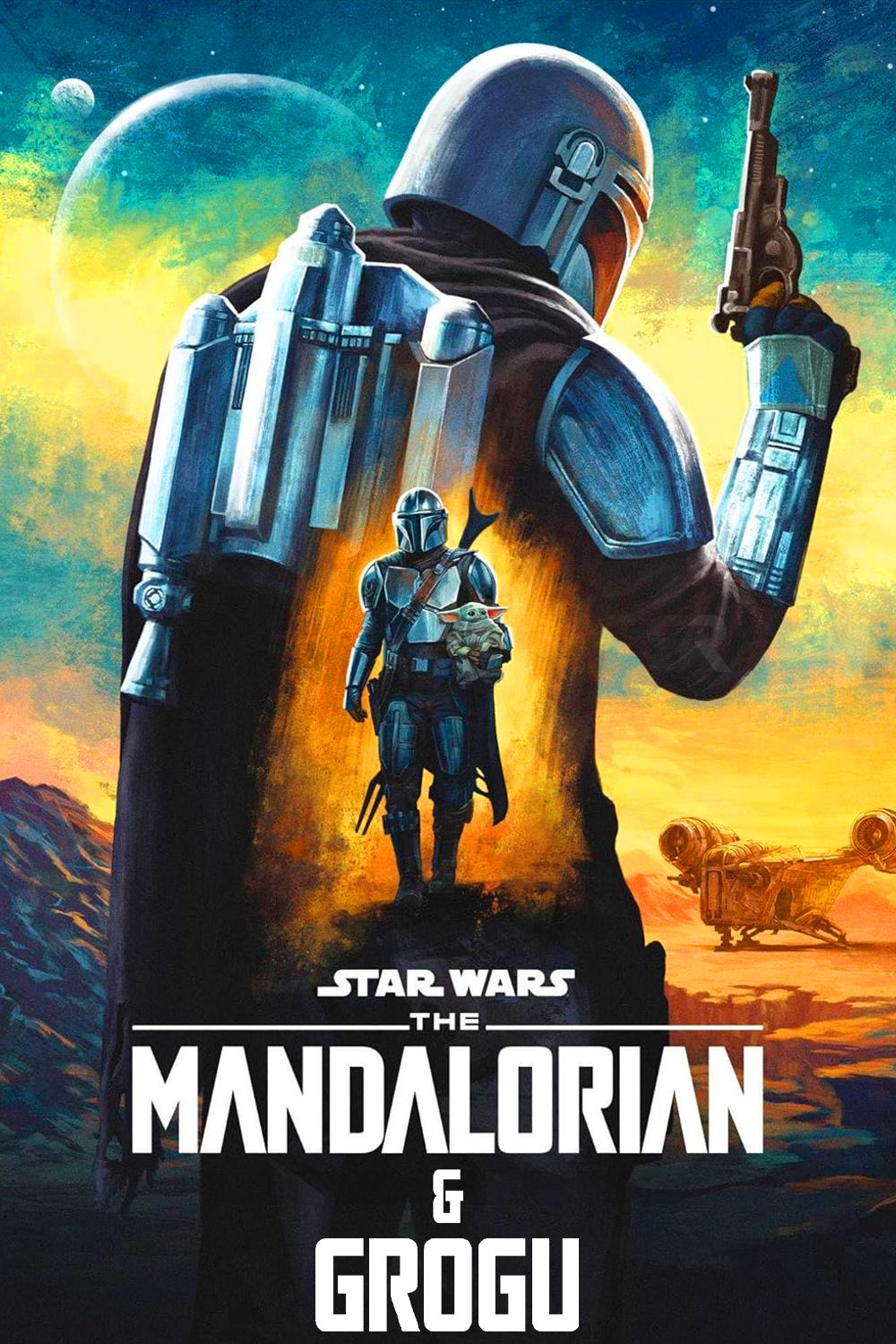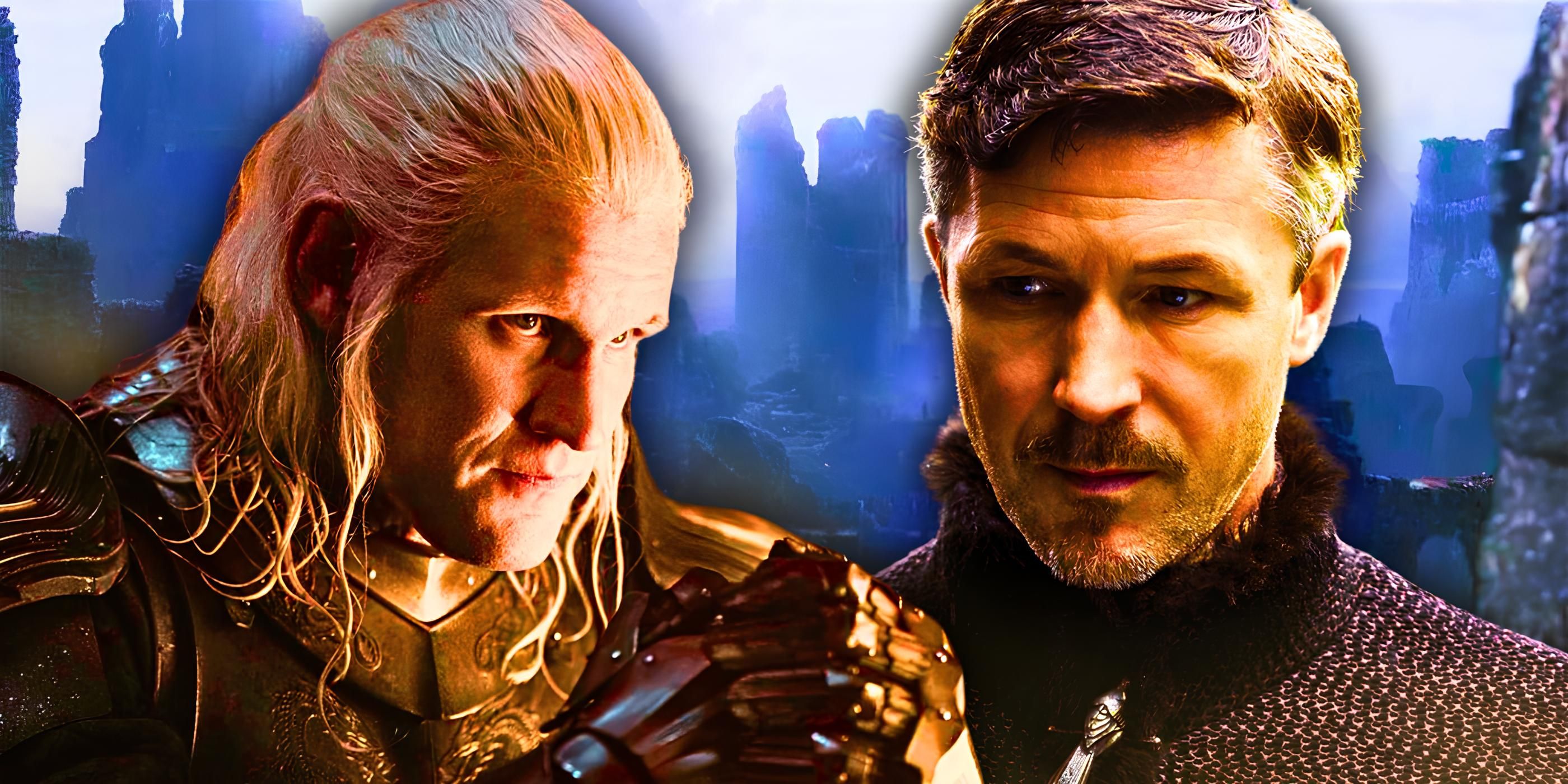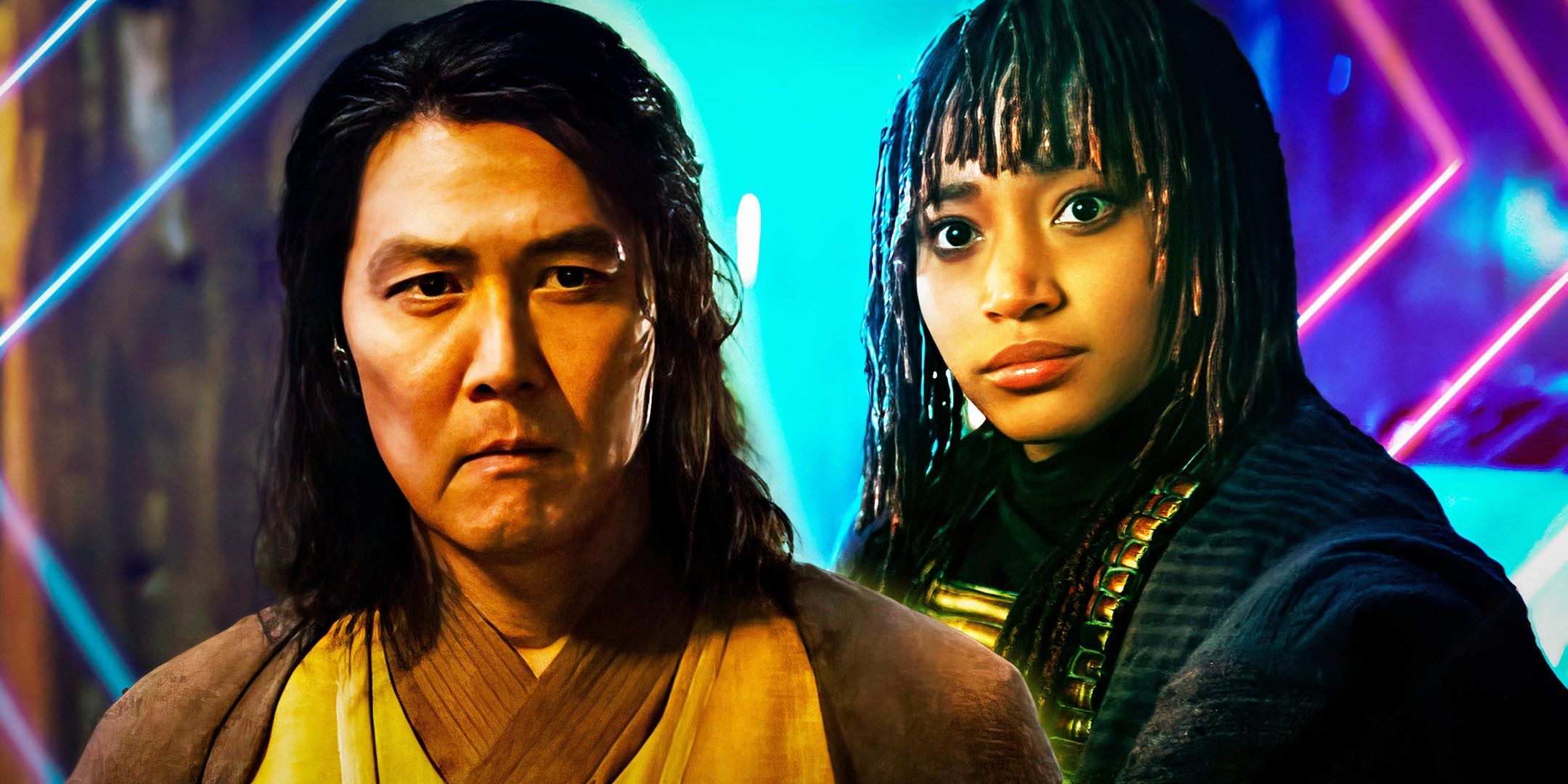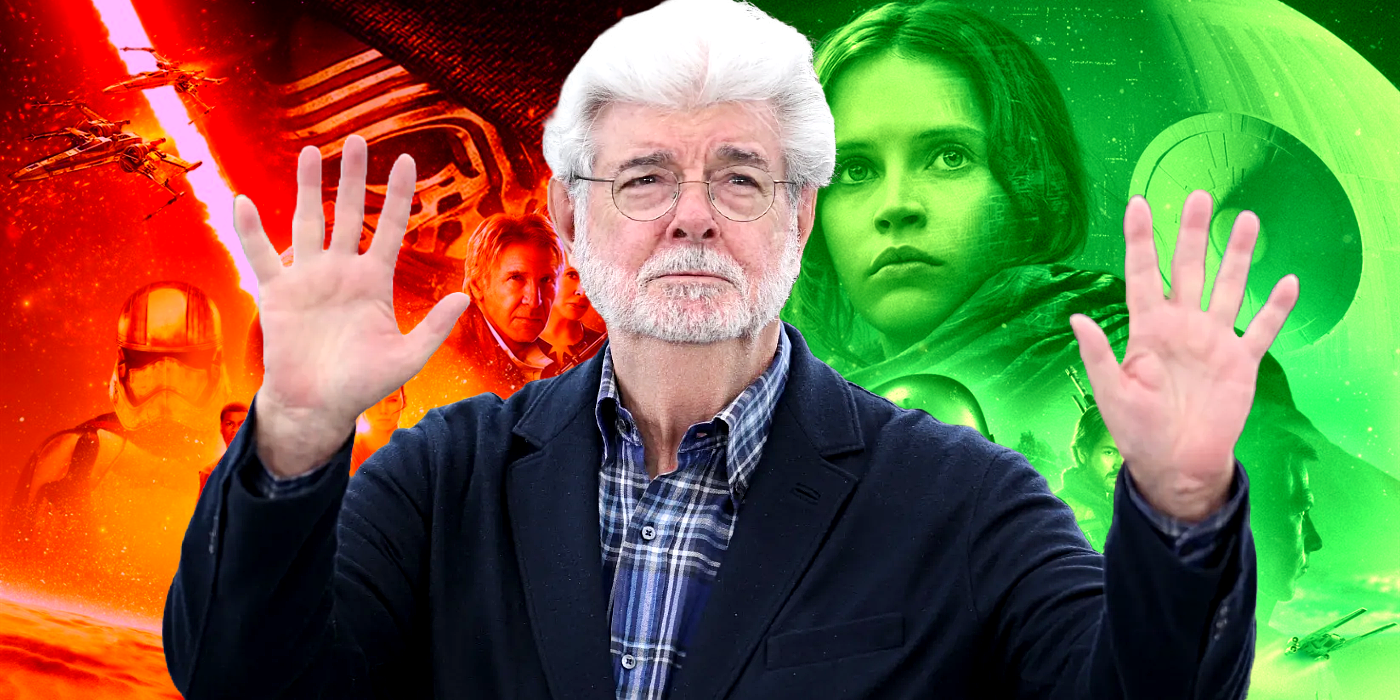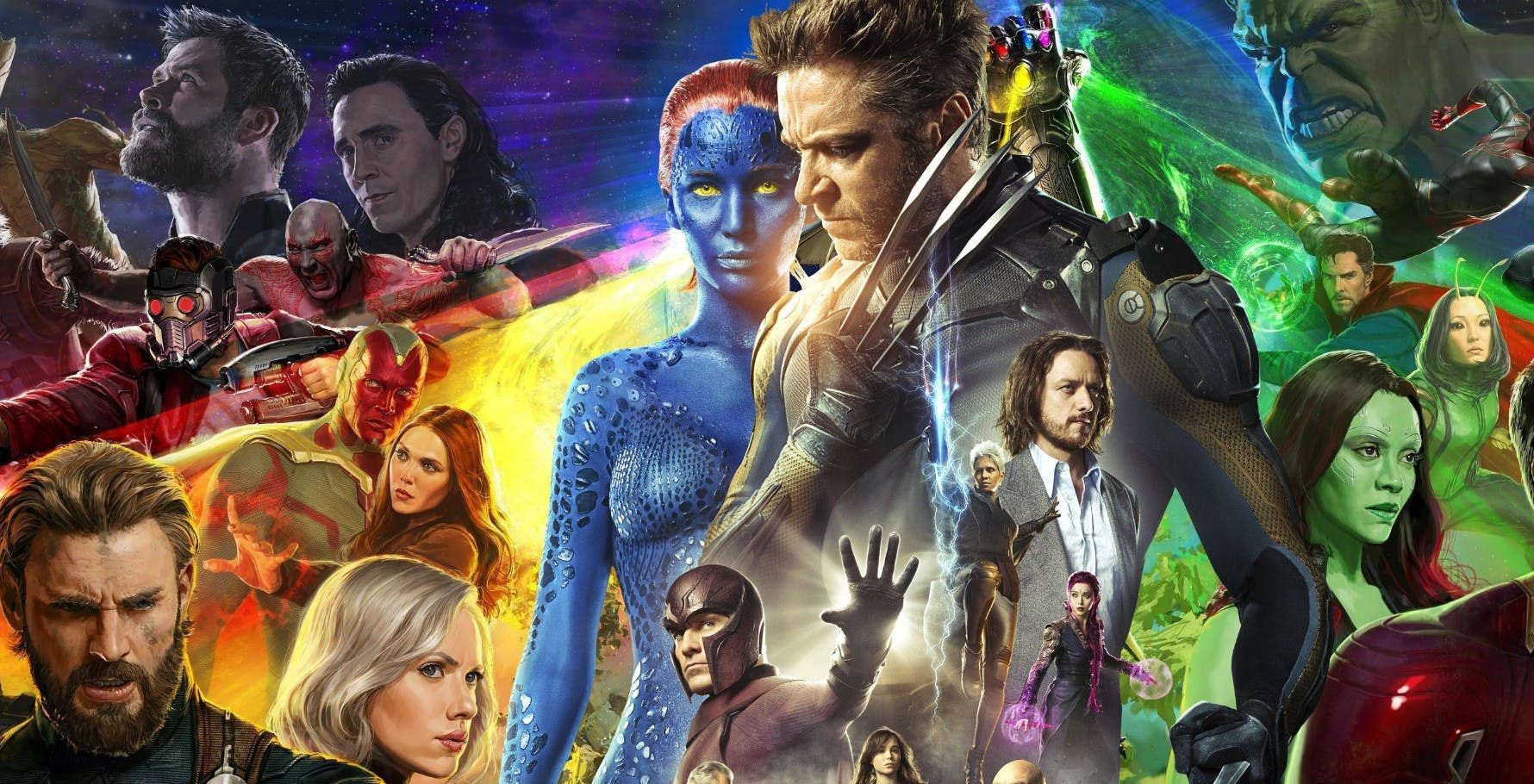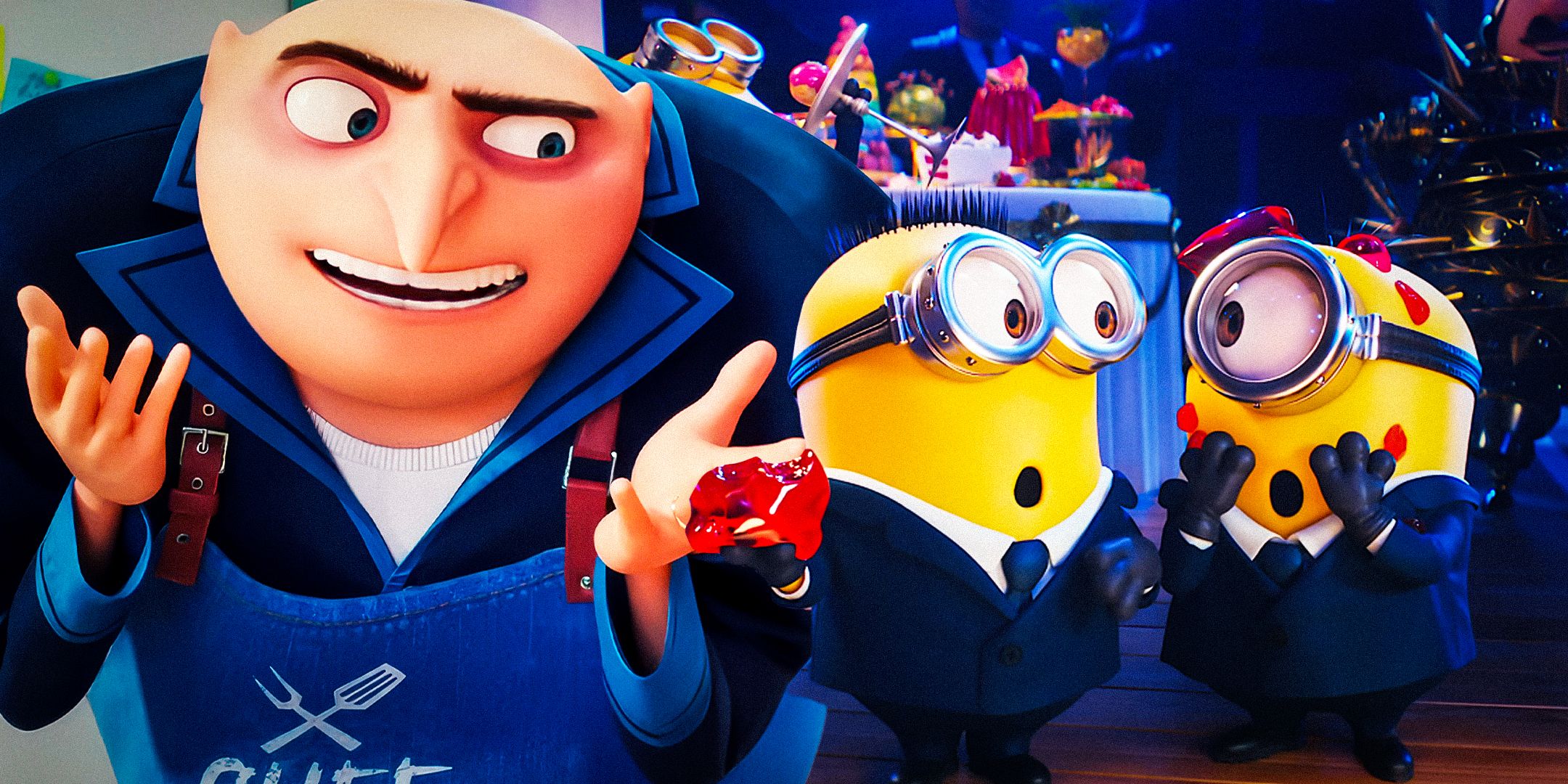The Dark Knight Rises ending left a hopeful future for Gotham with Joseph Gordon-Levitt’s John Blake as a future Batman-like vigilante, but the previous two movies in The Dark Knight trilogy had established the dangers of Batman’s symbol. The success of The Dark Knight left the bar too high for the conclusive installment of Christopher Nolan’s Dark Knight trilogy. The threequel had outstanding qualities like Tom Hardy’s performance as Bane, Hans Zimmer’s score, and Bruce Wayne’s (Christian Bale) heroic sacrifice of his Batman icon, but some narrative elements failed to live up to its predecessor.
Due to Nolan’s grounded style, Batman never got to face iconic villains like Solomon Grundy or Mr. Freeze. He also never interacted with famous aspects of traditional Batman lore, like his extensive Batfamily or a dinosaur inside his Batcave. However, police officer John Blake caused one of the trilogy’s biggest twists when he revealed his real name to be Robin. John Blake came one step closer to becoming Batman’s official sidekick (successor, in Nolan’s universe) once he found the Batcave at the end of The Dark Knight Rises. It may remain a mystery how exactly John Blake becomes Gotham’s next hero, and which moniker he chooses, but Gotham is guaranteed to have a new Batman.
As exciting as it was, this final reveal goes against the themes The Dark Knight trilogy had established. The gun-toting, hockey-pad-wearing Batman copycats in The Dark Knight did more harm than good with their attempts to mimic Batman. Batman’s own actions were always questioned by the city, if not directly opposed. Only a seemingly incorruptible figure like Harvey Dent (Aaron Eckhart) was convincing enough to assure Bruce Wayne that Gotham could finally have a true hero. Of course, Dent “lived enough to become the villain” and was driven to madness by the Joker (Heath Ledger). In short, everyone who ever intended to do the right thing always ended up making things even worse, and Christopher Nolan’s trilogy illustrates that theme masterfully.
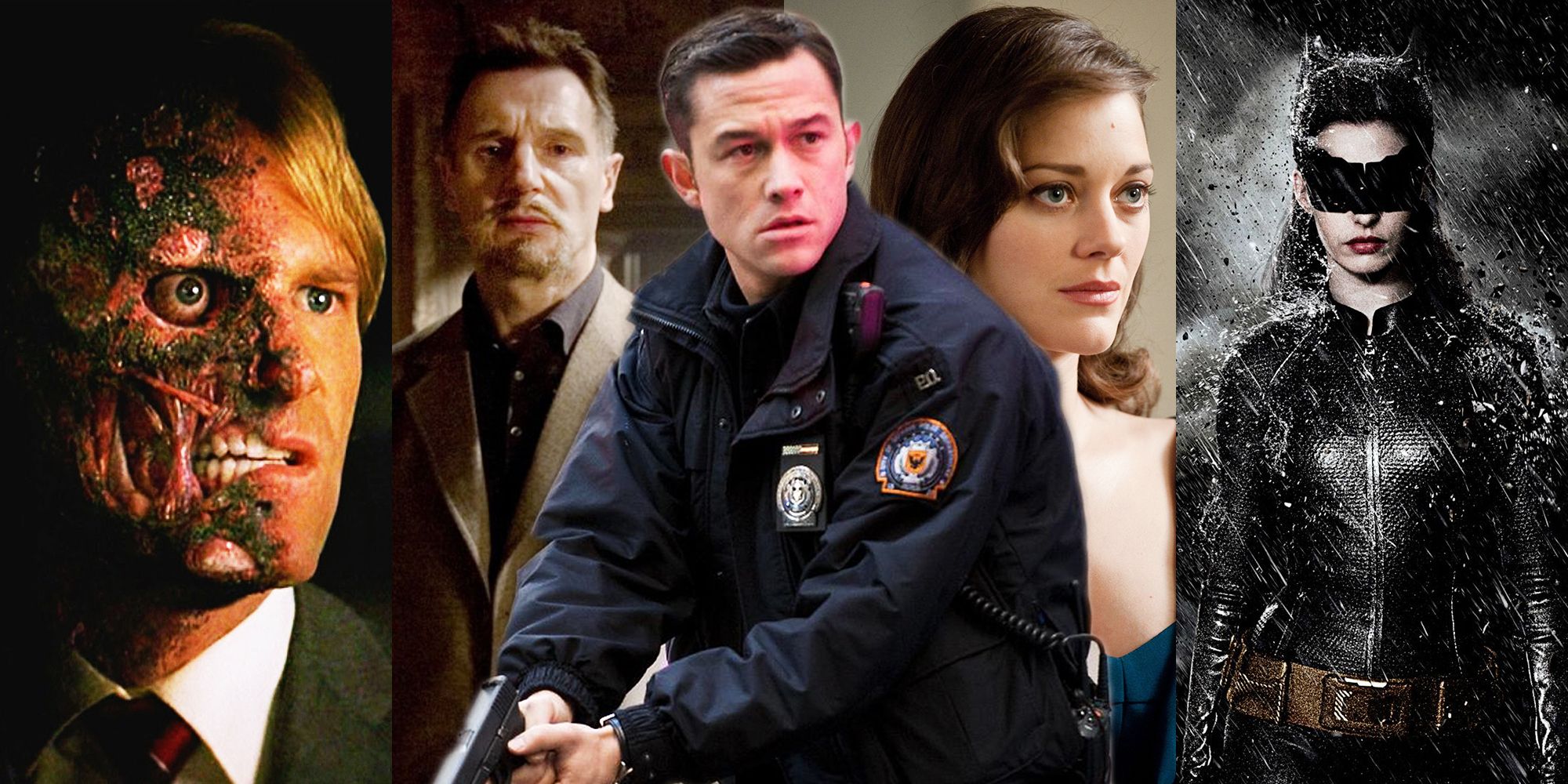
During The Dark Knight Rises, Catwoman switches sides when she lures Batman into Bane’s (Tom Hardy) lair and Miranda Tate (Marion Cotillard) reveals herself to be the vengeful Talia al Ghul at the worst possible moment. So, why would Bruce Wayne want to risk continuing the same cycle of betrayal with John Blake as Gotham’s new vigilante? Bruce Wayne killed Batman (and himself, depending on how one looks at it) at the end of The Dark Knight Rises, not only to save Gotham from a nuclear bomb but also to save the city from attracting bigger threats. Bruce Wayne didn’t live long enough to become the villain, but he gave the bat symbol a dangerously longer lifespan through John Blake.
Bruce Wayne’s decision to retire Batman and put his trust in yet another seemingly good person could also be seen as an evolution of his ideals. But either this inner change happens too fast or he simply makes a jump of faith with yet another hero who could turn bad at any moment in the future. The Dark Knight Rises culminates Bruce Wayne’s journey too abruptly, after just a few years as Batman. Besides never experiencing all the adventures his comic book counterpart has gone through, he also didn’t have the time to solidify his perspective on heroism. At least, the last installment doesn’t show any of it.
Nolan did an outstanding job with his critique of the bat symbol throughout his Dark Knight trilogy. Although it would have been more fitting to leave Gotham better off without another Batman, The Dark Knight Rises would probably have been too anticlimactic with such a downer. The rise of John Blake’s Robin leaves the audience wondering how the never-ending conflict between chaos and order evolves with a revamped symbol, if it does at all.
Key Release Dates
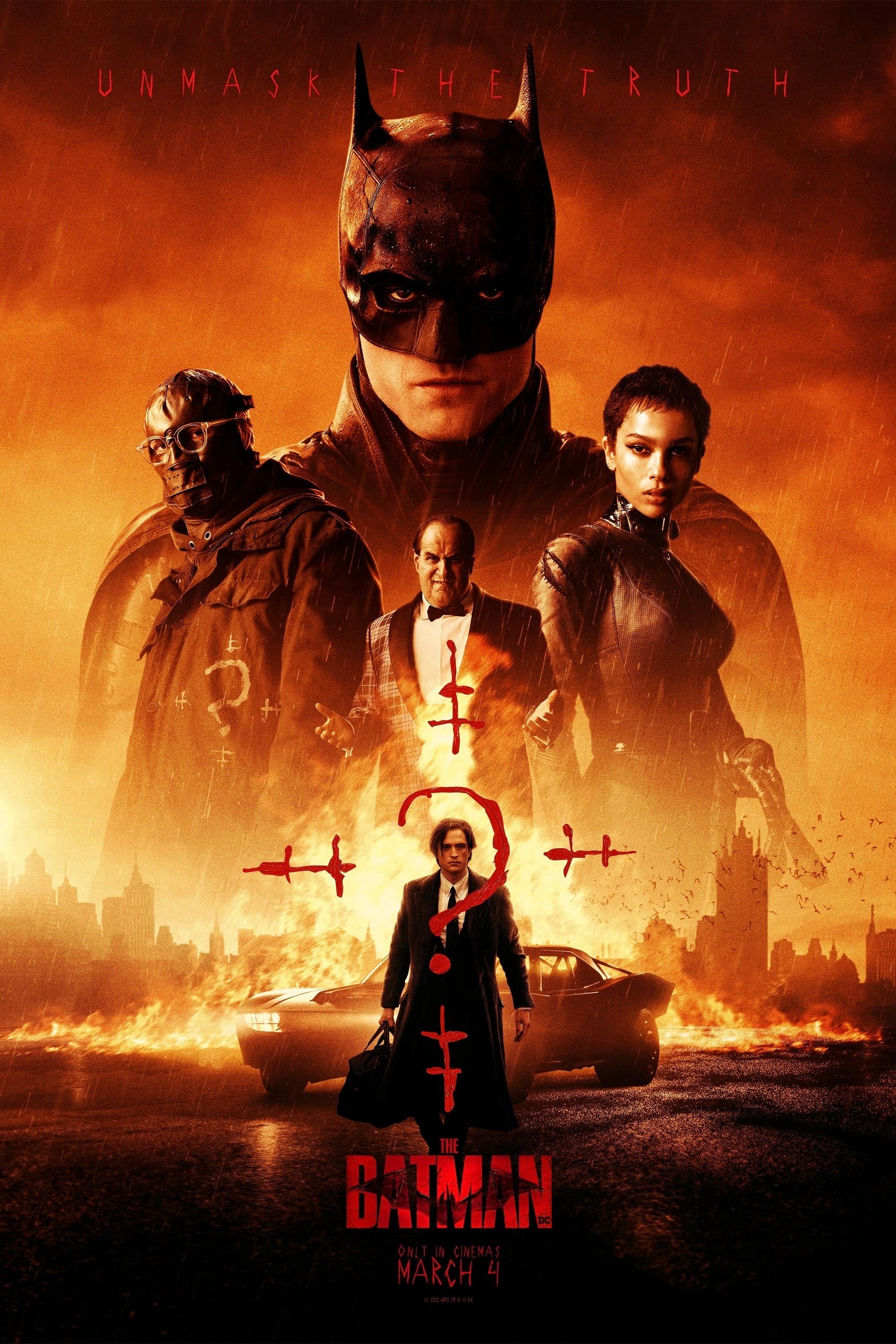
The Batman
Release Date:2022-03-04
